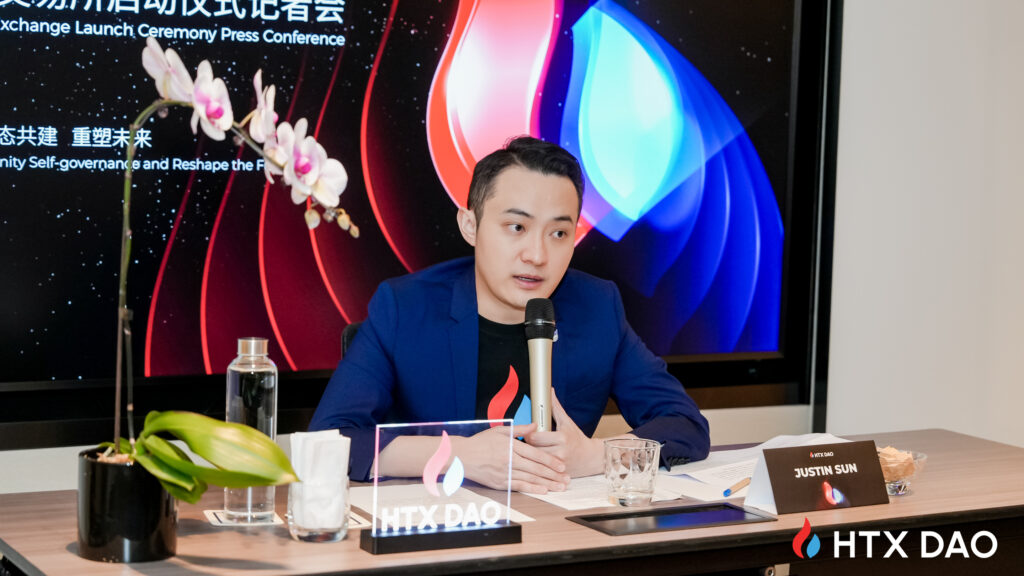
The crypto community has been calling for a return to decentralisation for cryptocurrency exchanges following the demise of FTX in 2022. FTX was one of the largest centralised crypto exchanges before it collapsed.
Although most digital currencies have a decentralised set-up, not all digital currencies and exchanges are so. Some are centralised in design, which means a central body is still in control of their production and distribution.
For cryptocurrency exchanges, there are fundamentally two types – centralised and decentralised.
The formal acts as an intermediary between buyers and sellers, and stores digital assets on customers’ behalf and facilitates crypto trading mechanism while determining trading terms and conditions.
The latter does away with intermediaries and supports direct peer-to-peer transactions between buyers and sellers based on a decentralised blockchain model. It does not hold or store digital assets. Trading is performed using smart contracts which automatically execute transactions when conditions are met.
Decentralised exchanges allow users to uphold autonomy and control over their private keys, and users are solely responsible for the security of their digital assets.
While ideally all cryptocurrency exchanges should be built upon this premise, centralised exchanges do have their advantages, especially in offering convenience for beginners to start dabbling into crypto trading.
The collapse of FTX has spurred a greater call to “trust the code”, which is essential for decentralised finance (DeFi) and the trustless society concept to develop and flourish.
Trust enabling technology is replacing centralised trust in institutions in an ideal world powered by Web3 and blockchain technology. Transactions will depend more on self-verifying and self-executing code rather than contractual agreements, without the need for a trusted third party.
33-year-old cryptopreneur Justin Sun, also the founder of TRON and advisor to HTX, who reportedly paid over US$4 million to have lunch with Warren Buffett, was in Singapore to introduce HTX DAO, which he said marked a pivotal moment in the evolution of blockchain and cryptocurrencies, through the shift towards greater decentralisation and community-driven governance.
<Listen to our podcast to understand what a DAO or decentralised autonomous organisation is>
Sun stressed the importance and necessity of decentralisation in safeguarding users’ assets and forestalling future crypto exchange calamities from occurring.
He said the institution of HTX DAO would give the HTX exchange “a new lease of life”, and that the strategic collaboration with HTX and TRON DAO demonstrated HTX DAO’s commitment to revolutionising blockchain governance and fostering sustainable developments within the ecosystem.
In other words, HTX would eventually become a decentralised exchange, with the help of HTX DAO, over the next decade.
It is still early days to tell how such an approach will pan out but a return to decentralisation is certainly a step in the right direction for crypto exchanges if they want to be taken seriously.
Yet, decentralisation alone won’t be enough to save the day for crypto to assume widespread adoption. Regulation holds the other key.
Decentralisation needs to work within the parameters of regulatory frameworks to achieve a fair balance between trust and oversight.
The crypto community will need to work with policy makers to fill the trust gaps where decentralisation is unable to in order to ensure market integrity and consumer protection. Policy makers will also be required to rethink about oversight and the roles they play in an increasingly decentralised world.















